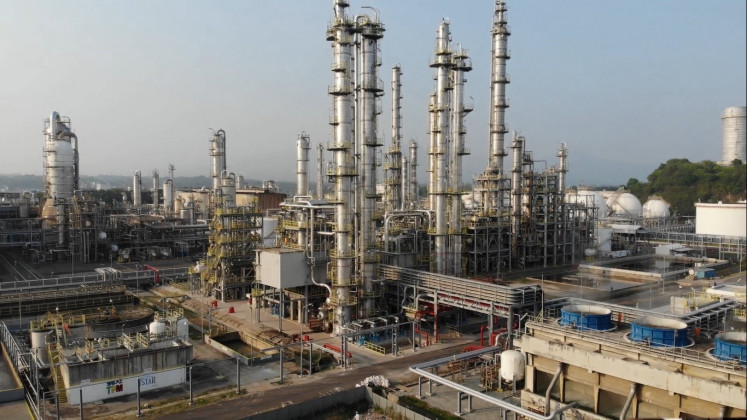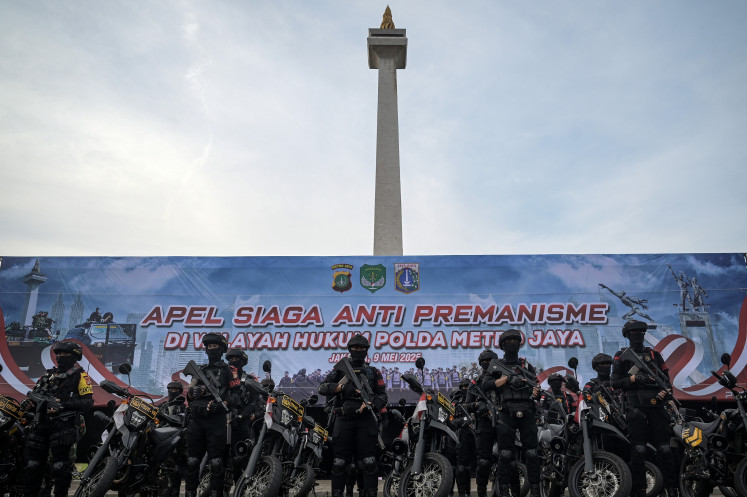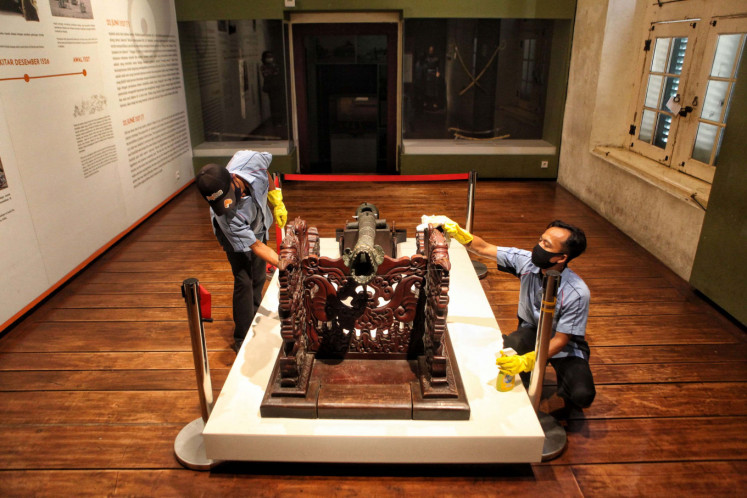Elections in Cuba
When anyone talks about elections in Cuba, the words "after" and "before" have been well-defined
Change text size
Gift Premium Articles
to Anyone

When anyone talks about elections in Cuba, the words "after" and "before" have been well-defined.
"Before" refers to the term between June 16, 1900 and the date in which first elections were held.
The date Nov. 4, 1958, was when the last vote was carried out under the call of Fulgencio Batista's tyrannical government.
"After" encompasses the term of 1976-2008 with a registration of 12 electoral processes, held every two-and-a-half years between municipal and general ones.
Throughout the first fifty eight years of the republic, from 1900 till 1958, the electoral history was characterized by corruption and fraud; in fact elections were promoters of not quite a few widely known scandals and belligerent conflicts of different magnitude.
In 1976, elections were held, called after the Socialist Constitution enforcement, passed by more than the 95 percent of the population in a popular referendum.
In a progressive way and as a result of the population's growth, a bigger experience and improvement of organizing procedures, the number of electors registered and those going to the ballot boxes, has been kept higher than 97 percent.
On Jan. 20, 2008, more than 95 percent of registered voters turned out for Sunday's balloting to elect members of Cuba's provincial legislatures and national parliament.
More than 38,000 polling stations were opened on Sunday thanks to the volunteer work of 190,000 people.
The electoral authorities have gone to great lengths to assure no citizen is prevented from exercising their right to vote.
In the case of the national parliament, the legislators will elect a president, vice president and secretary of the legislature as well as the president, first vice presidents, vice presidents, secretary and other members of the Council of State.
Workers, outstanding intellectuals, athletes, scientists, community leaders, journalists, representative of religious associations and members of the armed forces are among the candidates.
Of the 614 candidates to the National Assembly, 43.16 percent are women.
If elected, Cuba will have the world's third highest presence of women in parliament.
According to Cuban electoral law, the newly elected members of the parliament will elect a 31-member Council of State and they, in turn, will elect the President, the First Vice-President and the five Vice-Presidents and the Secretary to that body of the People's Power.
JORGE LEON
Cuban Ambassador
Jakarta









